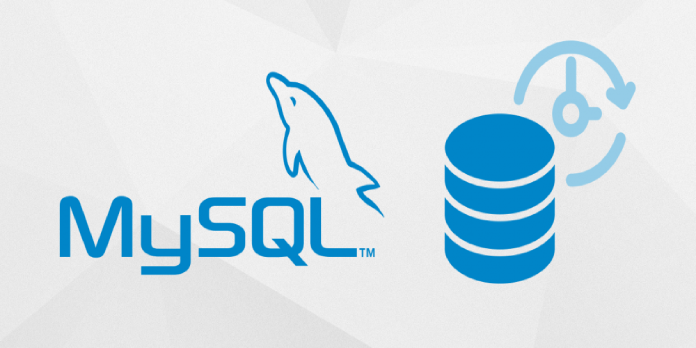Here we can see, “How to Backup Mysql Database Automatically”
- Having a MySQL database backup allows you to recover the database in the event of a disaster and secure sensitive data.
- We’ll look at a few options for automatically backing up a MySQL database in this article.
MySQL is a widely used open-source database management system for website creation. If your MySQL database contains critical data, you can use third-party automation tools to backup the database automatically.
You may simplify the backup process by automating the MySQL database backup procedure rather than relying on your staff to create backups manually every day.
This article will look at a few different techniques to back up your MySQL database automatically.
How do I backup MySQL database automatically?
1. Use Acronis Cyber Backup
Acronis Cyber Backup is a popular backup and recovery solution for organisations of all sizes. It keeps your business going by providing unlimited scaling and automation solutions to protect any workload.
Acronis Cyber Backup includes cutting-edge security features such as ransomware protection, rapid restore, total data protection, blockchain notarization, and support for hybrid cloud architecture to manage all types of data protection.
2. Backup automatically on Linux
Using Linux, you can use cron to automatically backup your MySQL database. Cron is a Linux scheduling software that may conduct things such as performing automatic backups or even renewing your SSL certificate.
Create a cron job to back up the MySQL database automatically with the following command:
15 2 * * * root mysqldump -u root -pPASSWORD --all-databases | gzip > /mnt/disk2/database_`data '+%m-%d-%Y'`.sql.gz
The time you want the backup to commence is represented by 15 2 *** in the above command. It will run every day at 15:20 in this case.
Every day, the program will create a compressed backup file named database MM DD YY. This will assist you in better organizing the backup. More information on command and how it works may be found here.
3. Backup MySQL Database with phpMyAdmin
-
- From your hosting control panel, go to phpMyAdmin.
- Select Database from the phpMyAdmin sidebar navigation panel.
- Select the Export option (top navigation bar).
- In the Export menu, choose Custom.
- Choose all of the tables you want to back up.
- Choose gZipped for compression and leave the rest of the options alone.
- To download your MySQL database file to your computer, click the Go button.
This is a manual approach for backing up your MySQL database file to your local hard drive.
Tools like AutoMySQLBackup and Acronis Cyber Backup can automatically back up the MySQL database.
You may also set up a cron job on a VPS server to automatically perform the backups.
Conclusion
I hope you found this guide useful. If you’ve got any questions or comments, don’t hesitate to use the shape below.
User Questions
1. How do I back up my MySQL database automatically?
-
- Click Jobs > Add Backup Job to create a backup job.
- Create a connection to your MySQL server.
- Choose which databases you’d like to back up.
- Set the location where the backups will be kept
- Make a backup timetable.
- To receive fail/success notifications, enter your email address.
2. How can I use the command line to backup my MySQL database?
The —databases option must be added to the mysqldump command. The following command will create a structure and data backup of the “sakila” and “employees” databases. Similarly, you must use the –all-databases option in the mysqldump command to create a backup of all databases.
3. What is the best way to backup numerous MySQL databases?
Use the —database option followed by the list of databases you wish to backup to backup multiple MySQL databases with one command. A space must be used to separate each database name. The above command will generate a dump file that contains both databases.
4. Backup your MySQL databases automatically using – Reddit
Backup your MySQL databases automatically using Automysqlbackup | Linuxers from linux
5. What do you use for mysql databases backup? : r/linuxadmin



